Untapped resources
Around 14 per cent of the British population is from a black and minority ethnic background, yet they are grossly under-represented in sport, from grassroots to boardroom
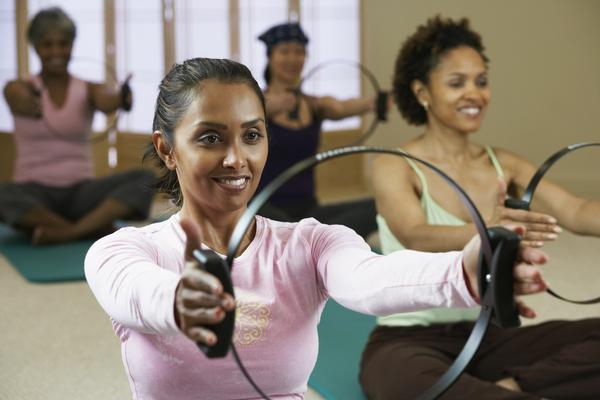
According to charity Sporting Equals, only 3 per cent of senior board roles are held by those from a black and minority ethnic (BME) background and 30 out of 45 NGBs have no senior BME representation. Of the 449 board member positions reviewed, only 14 were held by BME people.
Sports minister Helen Grant has said governing bodies could see their grants cut if they do not improve the diversity on their boards. In light of this, Sporting Equals has set up a steering group to help governing bodies overhaul their recruitment processes and cast their net wider. Within football, a joint Professional Footballers Association and FA initiative is giving former players who want to work in sports administration the skills and mentoring required to take on board roles.
Chief executive of Sporting Equals, Arun Kang, argues that it’s not just a moral issue to ensure this situation is reversed: it makes sound business sense, as ethnic minority spend is around £300bn a year.
“One in 10 London businesses are Asian owned, so if facilities start to encourage these groups to use them, then they can engage those businesses for sponsorship and support,” says Kang.
BARRIERS TO PARTICIPATION
Figures from Sport England show that around 35 per cent of BME people in England take part in sport once a week. The most popular activities are fitness/gym, football and swimming, followed by athletics (running) and cycling. These sports are attractive because they offer the most in terms of availability of services and because of improved fitness, body image and health.
Sporting Equals has found there are four main barriers to people from ethnic minorities participating in sport on a more regular basis. Socio-economic: two thirds of BME people live in the 88 most deprived areas in England. There are cultural barriers, such as lack of opportunities for Muslim women to take part in women-only activities and no prayer facilities.
Racism, either overt or indirect, is another reason: one in five BME people say they have experienced racism in sport. Finally, there are also attitudinal barriers because BME communities often don’t rate sport – it is sometimes seen as a hobby for young people before they move on to higher education and consider other issues, such as caring for family, generating income and religious practise, which are deemed to be more important.
KNOW YOUR MARKET
Broadening the appeal of exercise to this market requires creative thinking, according to Kang: “Leisure centres need to get an insight into the demographics of their local area, find out who makes up the community and assess the latent demand. For example, it’s been demonstrated that there’s a strong latent demand for gym and swimming sessions for Asian women.”
He also recommends facilities review their practises internally to make sure staff are truly committed and willing to put the work and effort in to growing this market. “Lots of people think they just have to tag on a session from a moral point of view, but this is a business issue,” he says. “They should be looking at developing their business by engaging what is a largely untapped market.”
Sporting Equals has been working with a number of organisations to help them understand the demographics of their local market and then helping to get the staff on board with getting the message out. Every area is individual, so there is no catch all approach, which is why Kang counsels against generic training. “Facilities need to know the barriers and challenges of the groups in their particular area: who is in the local area and what their language is,” he says.
One successful project was in Kirklees, where a leisure trust was considering the closure of a swimming baths because it was so underutilised by its surrounding BME community. Sporting Equals was brought in to engage the local Muslim community. They found there was latent demand from women who wanted to swim, but the offer wasn’t right: they wanted learn to swim sessions. The centre starting offering lessons and single sex sessions and the increase in usage has now secured the future of the swimming baths.
CHANGING ATTITUDES
There’s also progress regarding the attitudinal barriers. The Muslim Sports Council, set up in the wake of the 2012 Olympics, seeks to change attitudes to sport and encourage Muslims to take a positive view on taking care of their health.
“There have been taboos and obstacles regarding sport in the Muslim community, and one of our aims is to remove those from within,” says Yahya Sidatt, co-founder of the Muslim Sports Council. “We’re speaking to religious leaders, sports bodies, imams and those who are revered in the community to encourage participation and build awareness about health and encourage them to think that sport is a positive thing. The Prophet Muhammad spoke about the need to keep the body healthy and himself did sports such as swimming, horse riding and archery.”
The negative attitude within the Muslim community towards women playing sport has made it difficult for women to take part. But thanks to some great role models at elite level, such as footballer, Saddiqa Shan, cricketer, Salma Bi and boxer, Ambreen Sadiq, attitudes are changing.
“More Muslim women role models are springing up,” says Sidatt. “They might have had to overcome some negativity in their community but have had supportive, open minded and modern thinking families.”
Sidatt also raises the point about money being a barrier to entry for many Muslims. Subsidised sessions, volunteer-led activities, or engaging sponsorship from local Muslim businesses are all routes which could be considered.
Discrimination is an issue which affects both ethnic minority groups and the lesbian, gay and bisexual (LGB) community, so it is vitally important that operators show they are welcoming to all members of the community. Staying quiet on the issue and hoping to appear welcoming is not enough. Again, this is a business issue, since the LGB community spends £70bn a year on goods and services.
Juliet Chard, the policy officer at Stonewall, which campaigns for equal rights for the LGB community, points out that even if sports and centres aren’t directly homophobic, it doesn’t mean they are doing enough to welcome the LGB community. “If the issue isn’t discussed then people might not feel comfortable and feel they need to hide who they are when they’re playing sport,” she says.
Stonewall’s research shows that six out of 10 gay and bisexual men and four out of 10 lesbian and bisexual women would expect to experience homophobia in some form if they took part in team sport and were open about their sexual orientation.
Stonewall is in the process of creating a guide for community sports clubs about how they can become more accessible and create visible sports for LGB people, for example, running events which promote inclusion and celebrating diversity which already exists.
Chard recommends leisure centres and clubs look for partnerships within the LGB community, as these can be good for sharing learning and resources and to mutually support activities.
A partnership between inclusive Manchester rugby club, the Canalsiders, and traditional club, the Red Doubles, works very well. Marketing material is useful to ensure facilities get the message across that it is an environment where discrimination will not be tolerated. Stonewall, for example, has a number of downloadable guidance and resources on its website which can be printed off and displayed in changing rooms.
Chard also recommends connecting with local groups using the multiple avenues offered by social media. “Tweeting and Facebooking shows you are engaged and thinking about the issue,” she says.
As the obesity crisis deepens and the NHS comes under further pressure, it is vital that leisure operators strive to engage all of the local population in meaningful and regular activity. Sport is an excellent tool in removing barriers and fostering life-long friendships.
By encouraging participation by all members of the community, sports and leisure facilities will be strengthening the community as well.
Case Study
Having developed a love of football while at primary school, 20-year-old Jawahir Robel set up a Muslim girl’s football league in September 2013, with the help of a Think Big 02 grant and support from Middlesex FA. Robel, who is currently at university and undertaking her FA Level 2 coaching and refereeing qualifications, coaches the weekly Football Beyond Borders women’s sessions for beginners at the Hollington Centre in Camberwell, promotes casual girls football drop-in sessions with Kinja FC and runs two girls-only football sessions.
“I have a dream that one day my fellow Muslim sisters will happily play sport,” she says. “My overall aim is to promote football as a tool to engage young girls and to run workshops that develop teamwork, boost confidence and promote a healthy lifestyle.”
She believes attitudes towards Muslim girls doing sport is softening, because they’re increasingly understanding the benefits of exercise. Robel cites the lack of single sex sessions as the main barrier for Muslim women participating in sport.
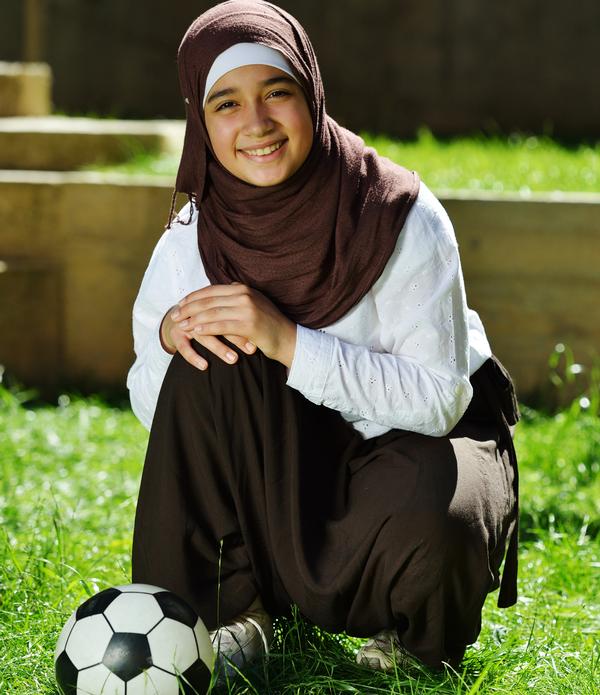

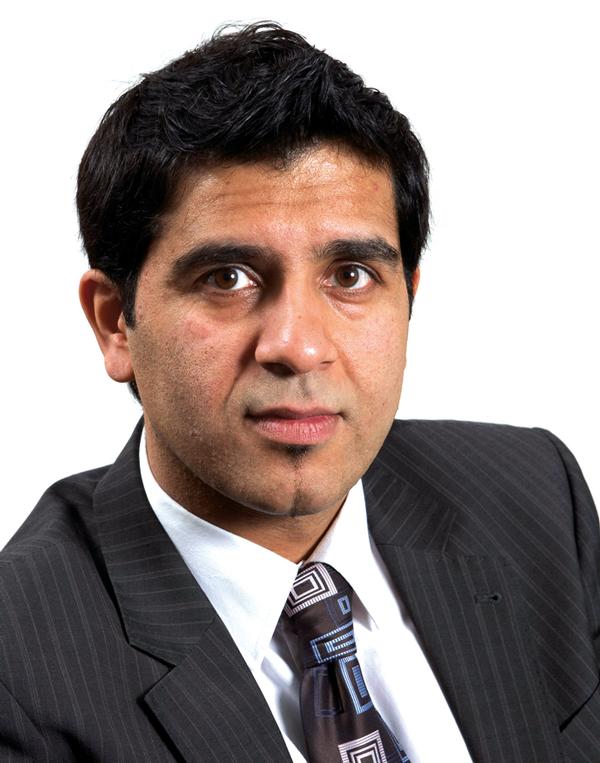
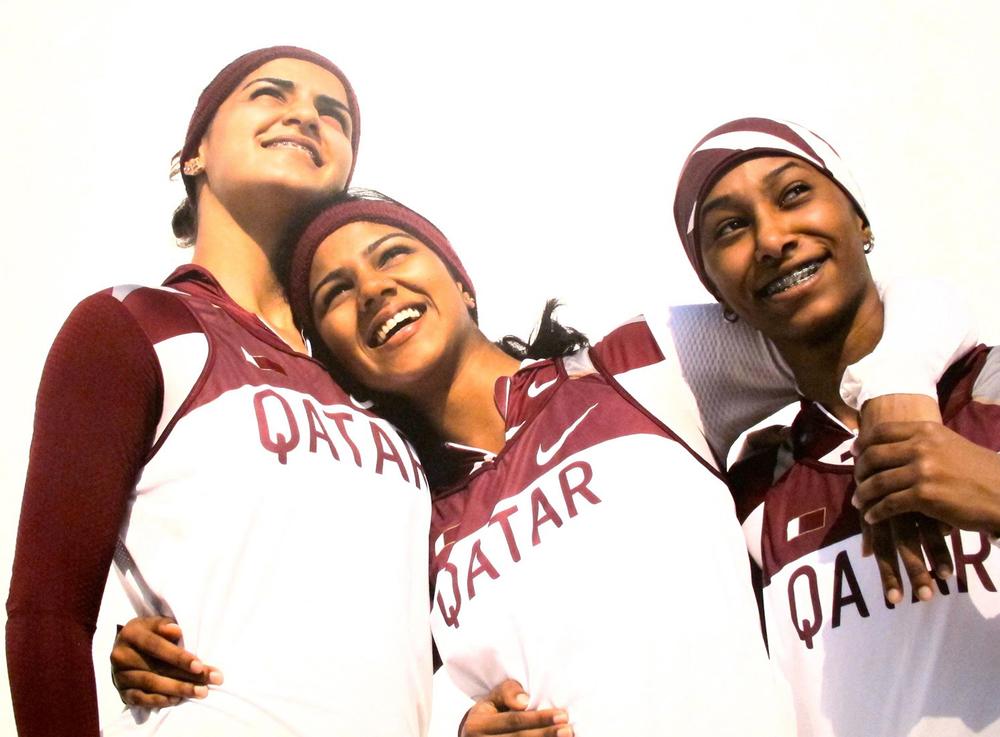
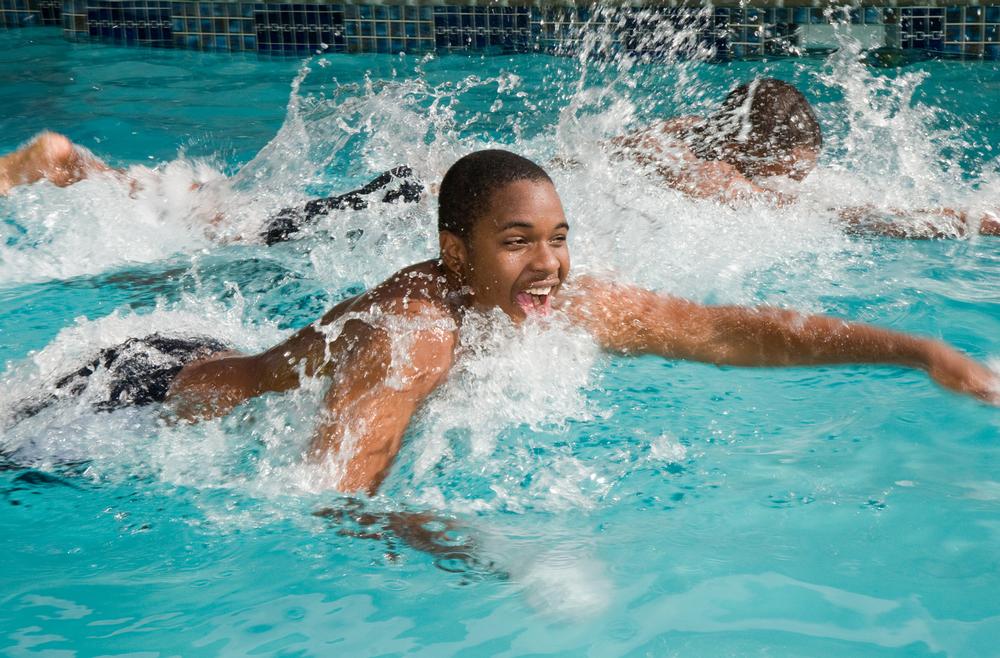
Team Leader (Harrow School Fitness Club)
Centre Manager (Leisure)
Director of Operations
Fitness Motivator
Recreation Assistant/Lifeguard (NPLQ required)
Membership Manager
Recreation Assistant
Swim Teacher
Swim Teacher
Chief Executive Officer, Mount Batten Centre
Swim Teacher
Swimming Teacher
Swimming Teacher
Company profile
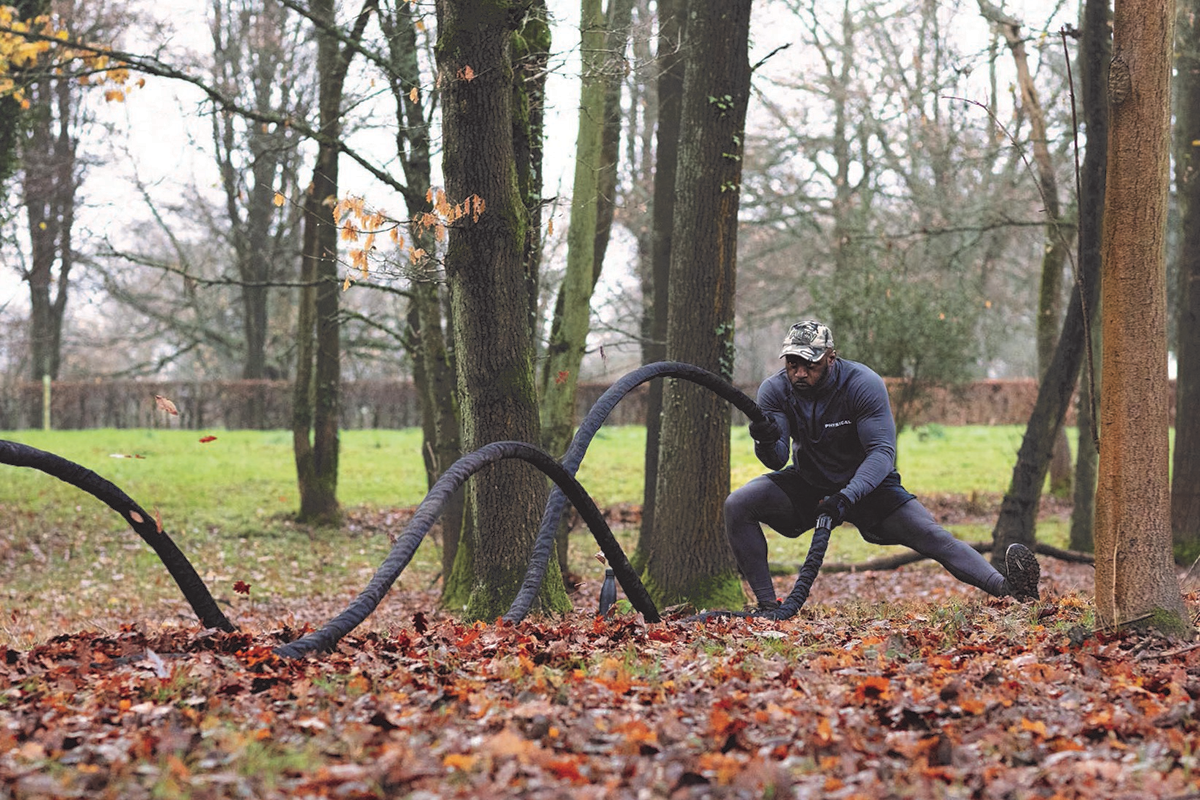
Featured Supplier

Property & Tenders
Company: Knight Frank
Company: Belvoir Castle
Company: AVISON YOUNG
Company: London Borough of Bexley
Company: Forestry England














